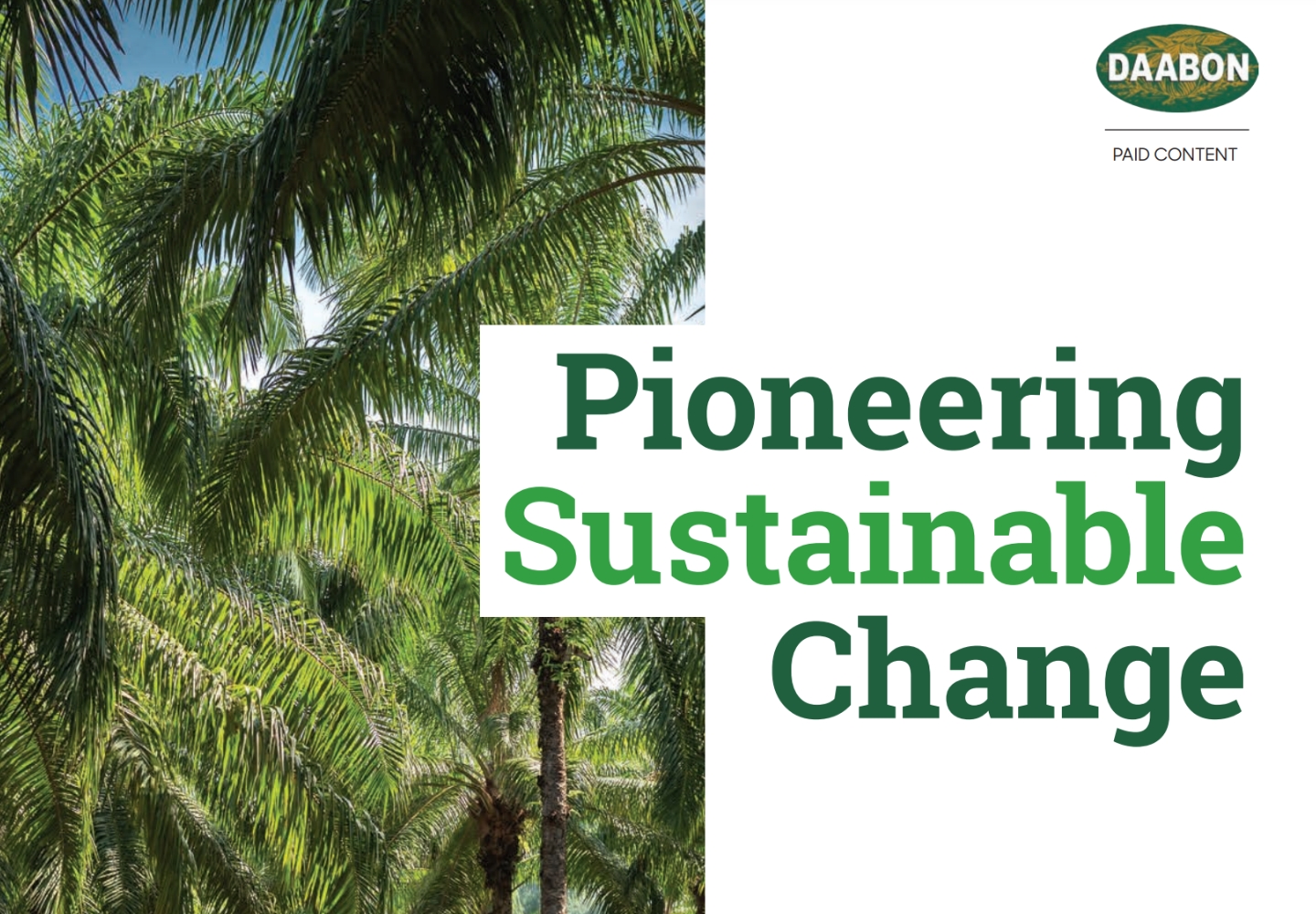Label Lowdown: Why Daabon’s Certifications Matter
An inside look at the certifications Daabon maintains, and why they are important.
For three generations, Daabon has been dedicated to cultivating and processing sustainable palm oil—a highly versatile ingredient used in products ranging from food to personal care and much more.
Daabon prioritizes supply chain integrity across people, planet and profit, and transparency and traceability are chief values we strive for. But how do we prove that we walk the proverbial talk in our business practices? We do so through a suite of certifications and seals that have stringent standards and interrelated initiatives that meaningfully move the dial on social and environmental change.
Below, we go deep into Daabon’s valued certifications, and outline how they help us achieve our mission to transform the palm oil industry with business and farming practices that put people and the ecosystem first.
USDA Organic
In 1992, just two years after the Organic Foods Production Act of 1990 was drafted, Daabon became the first palm oil producer in the world to offer a USDA Organic certified palm oil product.
Put simply, the USDA Organic certification is the most stringent, government-regulated agricultural standard in the United States. “Organic producers rely on natural substances and physical, mechanical, or biologically based farming methods to the fullest extent possible,” according to the USDA. That means no synthetic pesticides, herbicides or fertilizers are to be used in organic farming, and transitioning to organic from conventional agriculture takes three years.
Organic agriculture is shown to boost soil health, improve biodiversity, and, if we don’t say so ourselves, produce tasty ingredients.
Rainforest Alliance Certification
Companies who display this little green frog help conserve rainforest biodiversity and promote workers’ livelihood by enforcing fair wages, dignified living conditions, safety, and community development.
In 2012, Daabon’s farms were the first organic palm oil farms to also become Rainforest Alliance Certified, demonstrating how the company believes sustainability isn’t just a box to be marked. Rather, it is a strategic way businesses can show their commitment to environmental stewardship to clients and customers.
Fair Trade Certified
In recent years, subpar palm oil facilities across the globe have come under fire for treating employees and farmers poorly. As our business is vertically integrated—meaning we own every aspect of palm oil production—we recognize how important our employees are to the health and longevity of our industry. That’s one of the reasons why Daabon obtained Fair Trade Certification for our palm oil in 2016.
Fair Trade ensures products are made according to rigorous social, environmental, and economic standards. By working closely with on-the-ground experts, Fair Trade asserts that employees have safe working conditions, fair market rates and can build a sustainable livelihood. The impacts of Fair Trade can include stronger communities, improved gender equality, and greater education options for children.
According to Jose Castro Sr., whose family has worked for Daabon for generations, fair trade values have bolstered the region. “What Daabon does in this region is very beautiful. We ask them not to change,” he says. “Our lifestyle changed, we now have access to information that we didn’t have before, thanks to Daabon, and to its family.”
Roundtable for Sustainable Palm Oil
A long-time member of RSPO, Daabon has been ranked #1 worldwide against its traceability standards by the Zoological Society of London for years. In addition, Daabon was the first company worldwide to obtain RSPO’s new NEXT certification in 2017. RSPO NEXT is an even more stringent certification addressing specific concerning planting methods of palm (such as burning and deforestation) as well as sustainability policies at the corporate level.
Non-GMO Verified
In 2016, Daabon achieved the Non-GMO Project verification, a third-party seal run by the Non-GMO Project that examines company processes to ensure no genetically modified material ends up in the final product. For high-risk GMO ingredients (which doesn’t include palm oil), the Non-GMO Project tests ingredients for genetic material. We value the seal for the transparency it provides to consumers and clients.






